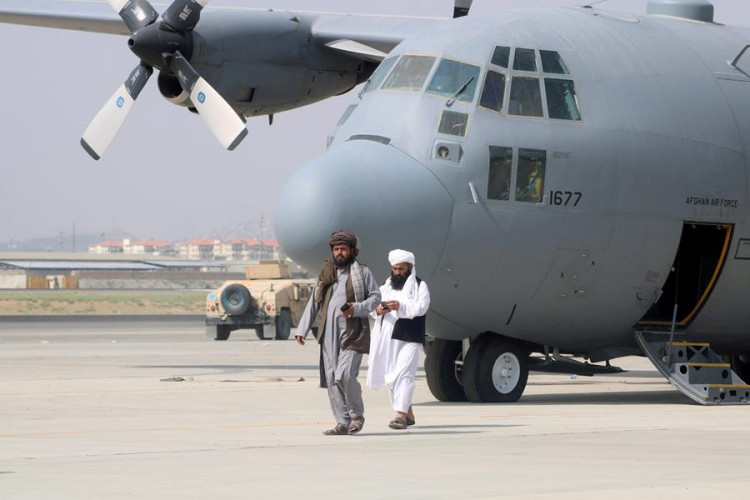It appears that the United States would soon experience the grave consequences of its recent military withdrawal in Afghanistan.
According to the intelligence chiefs from the Pentagon, terror organization Al Qaeda is gaining momentum again in the country, taking advantage of the absence of the U.S. military.
One of the most concerning facts about these revelations is that the officials have actually reduced their estimates as to how long Al Qaeda can be a threat again to the U.S. And they have narrowed it down to just one to two years from now.
"The current assessment, probably conservatively, is one to two years for Al Qaeda to build some capability to at least threaten the homeland," LT. Gen. Scott Berrier, chief of the Defense Intelligence Agency (DIA), said.
David Cohen, director of the Central Intelligence Agency (CIA), said that the agency is closely monitoring the unfolding events in Afghanistan, including the activities of the terrorist group.
Cohen added that there is mounting evidence that Al Qaeda's militants are returning to Afghanistan, emboldened by the absence of U.S. soldiers.
Even though it's too early to say if this militant build-up will continue, the directors said that the agency and the government can't afford to be complacent, knowing Al Qaeda's capabilities.
After the U.S. military pullout, the Taliban quickly took over Afghanistan, dragging down the country in a state of fear again. Many analysts believe that the Taliban has close ties with Al Qaeda, and even supports some of its senior operatives.
U.S. officials admitted that the lack of U.S. combat presence in the country poses a lot of challenges, but they assured the public that intelligence collection would still continue to monitor the threats that can directly affect the U.S.
But a growing number of lawmakers and counterterrorism experts have cast doubts over this promise, saying that gathering reliable intelligence is almost impossible without networks of informants on the ground in the country, which are U.S. military personnel.
Lieutenant Berrier recognized this major concern and said that the government is currently finding alternative ways on how the country can gain access to Afghanistan again.






